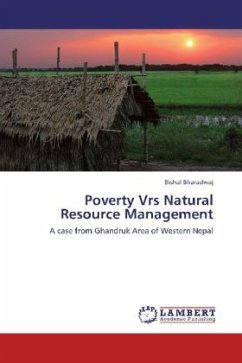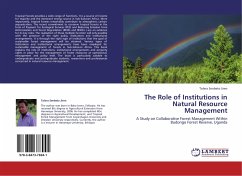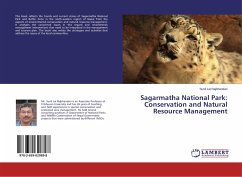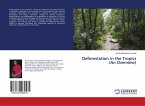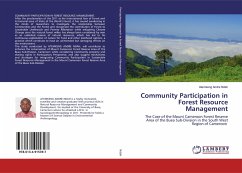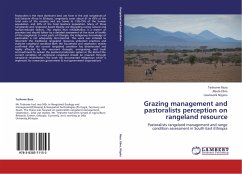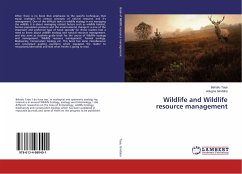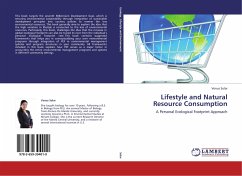About 25 percent of Nepalese is living under the poverty line. Most of the rural population depends on natural resource for livelihood. Increasing population and massive consumption have created high pressure in natural resource in rural areas. In this connection we were interested in the relationship between natural resource management and poverty in the Ghandruk area of Western Nepal. We considered income, consumption and social poverty based on the revised poverty line. Head count and poverty gap were calculated, Lorenz Curve was constructed and Gini coefficient was estimated. We observed natural resource management through weighted criterion and categorized the natural resources (forest, water etc.) into well, normal and under managed. About 54 percent of households were poor. Gini coefficient was 0.68. Social poverty was highly correlated with natural resource mismanagement. However, poor household is probable of mismanaging resource. It was because of high dependency, low access to management skill and technology adoption. Moreover poor house owned poor natural resource. The domain of transferability was weak. This resulted in fewer benefits; ultimately causing poverty.
Bitte wählen Sie Ihr Anliegen aus.
Rechnungen
Retourenschein anfordern
Bestellstatus
Storno

